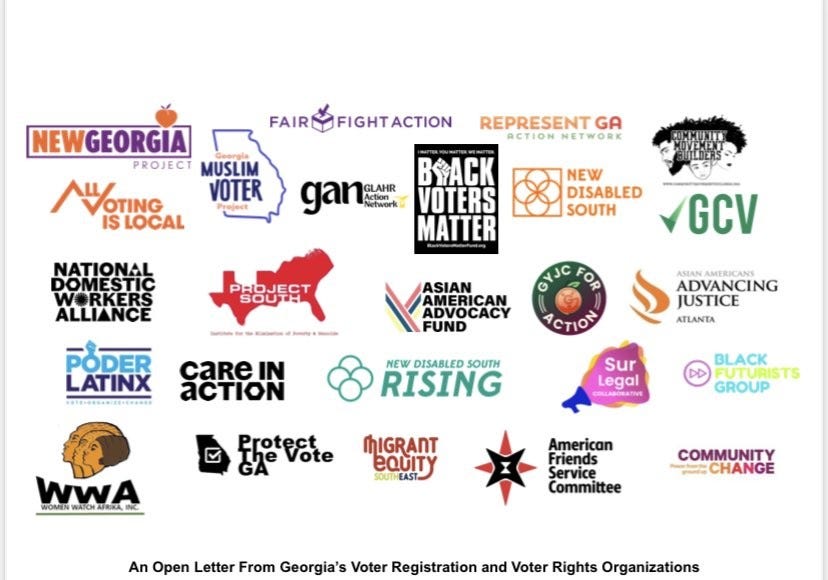Sign(ature)s of the Times
The use of signature matching for the Cop City petition drive raises questions about whether City Hall is operating in good faith.
After the Atlanta City Council approved spending in June for the Atlanta Public Safety Training Center — Cop City — opponents immediately announced a petition drive for a referendum to block the move.
The city’s administrative apparatus immediately seized up. It took a week just to get the clerk to agree to the exact form of the petitions. Every bit of …
Keep reading with a 7-day free trial
Subscribe to The Atlanta Objective with George Chidi to keep reading this post and get 7 days of free access to the full post archives.


